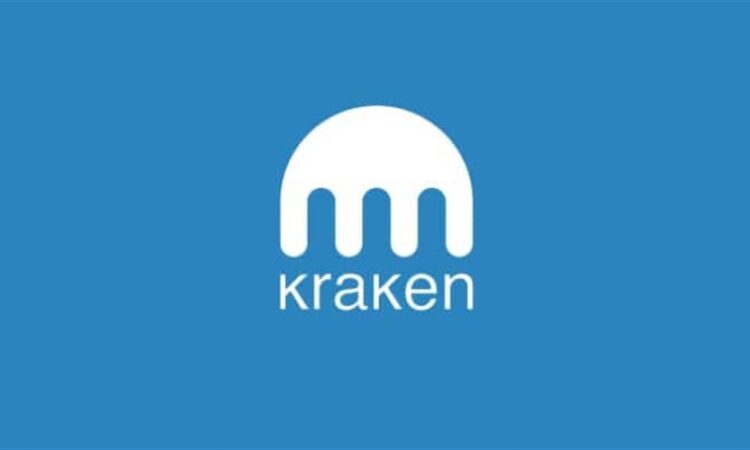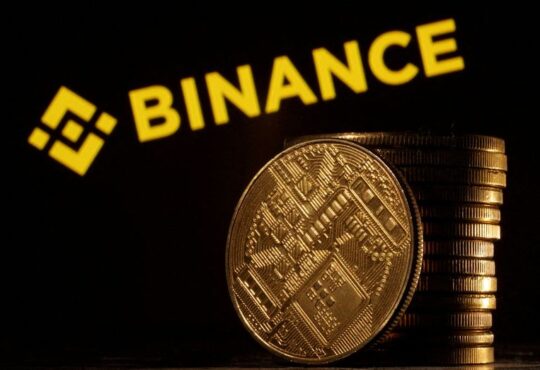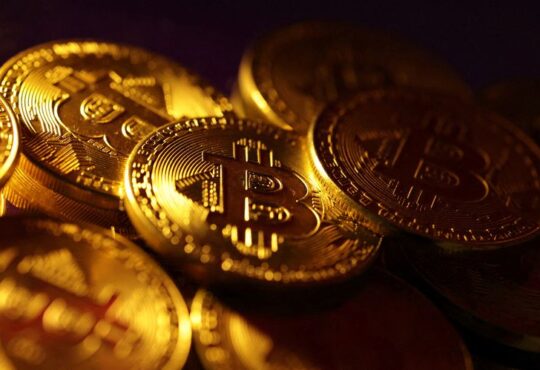
Kraken, one
of the major cryptocurrency exchanges, confirmed its plans to launch a crypto
banking suite in the foreseeable future. The move was first announced in 2020,
and the idea is now reappearing amid recent regulatory issues in the United
States, where the Securities and Exchange Commission (SEC ) banned Kraken’s
staking service.
Although
Kraken did not confirm the launch of its cryptocurrency bank in any official
statement, information appeared in comments on the exchange’s Twitter feed and
in one of the recent podcasts with the company’s representative.
Kraken’s
support team informed a Twitter user that Kraken Bank is still in progress and
will at first be offered to customers in the United States. According to earlier
information from 2020, the new bank will be headquartered in Wyoming and operate
as a special purpose depository institution (SPDI).
“Kraken
Bank is not open yet but on its way! The offering will initially be available
to existing Kraken clients in the USA with potential international expansion in
the future,” Kraken commented on Twitter.
Hey Wayne,
Kraken Bank is not open yet but on its way! The offering will initially be available to existing Kraken clients in the USA with potential international expansion in the future.
You can subscribe to Kraken Bank updates here 👉https://t.co/m3yPoGpu2g
Kraken Support 🐙
— Kraken Support (@krakensupport) March 6, 2023
The
information was confirmed by Marco Santori, the Chief Legal Officer at the
crypto exchange, during Frank Chaparro’s The Scoop podcast. Santori revealed
that Kraken Bank is on track to “launch very soon.”
“From
paying bills and receiving salaries in cryptocurrency to incorporating digital
assets into investment and trading portfolios, Kraken Financial will enable
Kraken clients in the US to bank seamlessly between digital assets and national
currencies,” Kraken stated back in 2020 when initially revealing its plans
to open a crypto banking institution.
According
to experts, the move by Kraken is a response to the exchange’s regulatory
problems that arose in the US over its cryptocurrency staking offer.
Kraken Settles with SEC and
Pays $30 Million
In early
February, Bloomberg reported that Kraken faced an SEC investigation for
offering unregistered securities. Although either party did not officially
confirm the information, the SEC issued a release a day later saying that
Kraken had decided to settle in relation to its cryptocurrency staking offering
in the US. As part of it, the company paid $30 million and ceased further service
provision.
Holders can receive additional rewards by staking their cryptocurrencies with a blockchain validator. However, they must give up control over their original holdings until
the staking period is over. As a result, holders of staked tokens are rewarded
with newly mined cryptocurrencies.
According
to the SEC, Kraken launched staking-as-a-service in 2019 and advertised up to 21% annual investment returns. However, Kraken’s website indicates that the
returns are only up to 20 percent.
Kraken was
not the SEC’s only target in February. The regulator also took an interest in
the activities of Paxos, a company that issues the BUSD stablecoin , which is
one of the core assets of the Binance platform. Meanwhile, in a later
interview, the platform’s CSO confirmed that several compliance gaps had arisen
in the company’s past and that Binance expects to pay penalties to resolve
investigations in the US.
Kraken, one
of the major cryptocurrency exchanges, confirmed its plans to launch a crypto
banking suite in the foreseeable future. The move was first announced in 2020,
and the idea is now reappearing amid recent regulatory issues in the United
States, where the Securities and Exchange Commission (SEC ) banned Kraken’s
staking service.
Although
Kraken did not confirm the launch of its cryptocurrency bank in any official
statement, information appeared in comments on the exchange’s Twitter feed and
in one of the recent podcasts with the company’s representative.
Kraken’s
support team informed a Twitter user that Kraken Bank is still in progress and
will at first be offered to customers in the United States. According to earlier
information from 2020, the new bank will be headquartered in Wyoming and operate
as a special purpose depository institution (SPDI).
“Kraken
Bank is not open yet but on its way! The offering will initially be available
to existing Kraken clients in the USA with potential international expansion in
the future,” Kraken commented on Twitter.
Hey Wayne,
Kraken Bank is not open yet but on its way! The offering will initially be available to existing Kraken clients in the USA with potential international expansion in the future.
You can subscribe to Kraken Bank updates here 👉https://t.co/m3yPoGpu2g
Kraken Support 🐙
— Kraken Support (@krakensupport) March 6, 2023
The
information was confirmed by Marco Santori, the Chief Legal Officer at the
crypto exchange, during Frank Chaparro’s The Scoop podcast. Santori revealed
that Kraken Bank is on track to “launch very soon.”
“From
paying bills and receiving salaries in cryptocurrency to incorporating digital
assets into investment and trading portfolios, Kraken Financial will enable
Kraken clients in the US to bank seamlessly between digital assets and national
currencies,” Kraken stated back in 2020 when initially revealing its plans
to open a crypto banking institution.
According
to experts, the move by Kraken is a response to the exchange’s regulatory
problems that arose in the US over its cryptocurrency staking offer.
Kraken Settles with SEC and
Pays $30 Million
In early
February, Bloomberg reported that Kraken faced an SEC investigation for
offering unregistered securities. Although either party did not officially
confirm the information, the SEC issued a release a day later saying that
Kraken had decided to settle in relation to its cryptocurrency staking offering
in the US. As part of it, the company paid $30 million and ceased further service
provision.
Holders can receive additional rewards by staking their cryptocurrencies with a blockchain validator. However, they must give up control over their original holdings until
the staking period is over. As a result, holders of staked tokens are rewarded
with newly mined cryptocurrencies.
According
to the SEC, Kraken launched staking-as-a-service in 2019 and advertised up to 21% annual investment returns. However, Kraken’s website indicates that the
returns are only up to 20 percent.
Kraken was
not the SEC’s only target in February. The regulator also took an interest in
the activities of Paxos, a company that issues the BUSD stablecoin , which is
one of the core assets of the Binance platform. Meanwhile, in a later
interview, the platform’s CSO confirmed that several compliance gaps had arisen
in the company’s past and that Binance expects to pay penalties to resolve
investigations in the US.






